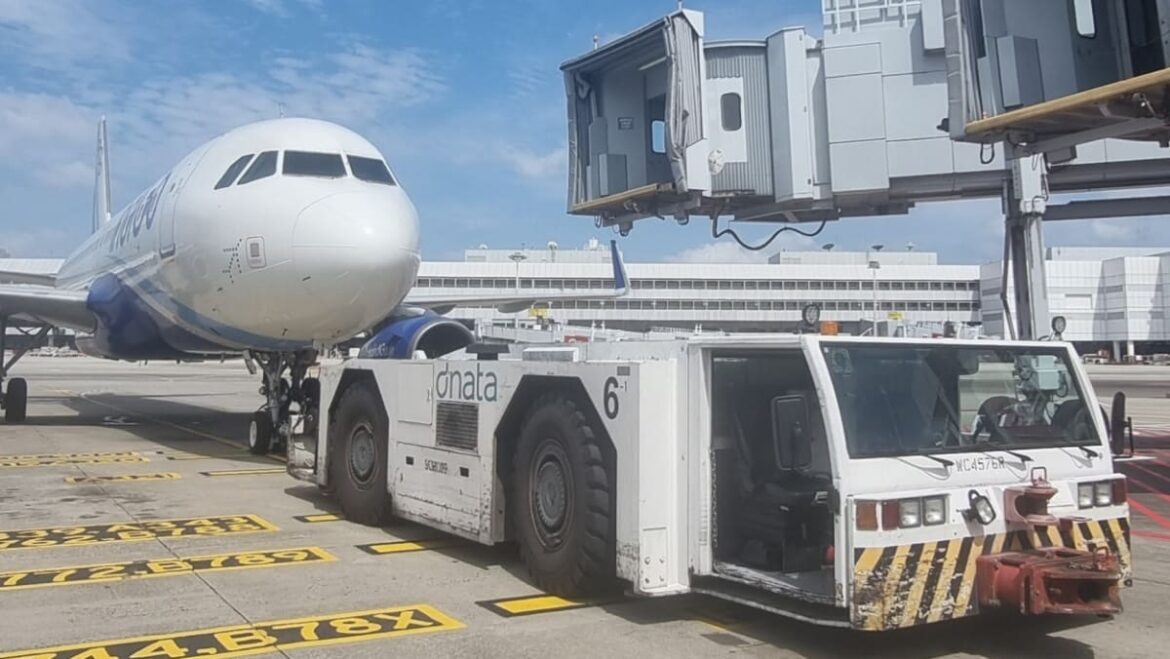Renewable diesel trials for airside vehicles begin at Changi Airport
SINGAPORE: So as to decarbonise Singapore’s aviation sector, trials will likely be conducted on the exercise of renewable diesel for heavy and specialised airside vehicles operating at Changi Airport.
The rigors, anticipated to last one one year, will expose deliberation on adopting renewable diesel to vitality such vehicles in some unspecified time in the future, stated the Civil Aviation Authority of Singapore (CAAS) in a media release on Monday (Would possibly possibly 13).
Singapore aims to decrease domestic aviation emissions from airport operations by 20 per cent from 2019 stages by 2030.
It has additionally dwelling a aim to realize fetch-zero domestic and world aviation emissions – inclusive of emissions from world flights operated by Singapore-basically based entirely operators – by 2050.
In February, CAAS presented a blueprint that will perchance handbook Singapore towards becoming a more sustainable air hub. This integrated transitioning to cleaner vitality for airside vehicles.
The transition is to be performed in three ideas – electrification, the exercise of biofuels and exploring the exercise of hydrogen-powered airside vehicles, stated CAAS.
Whereas viable electric automobile variants for light vehicles, equivalent to cars and trucks, are widely on hand, the national aviation authority pointed out that few electric alternatives exist for loads of the the over 1,800 heavy and specialised vehicles and floor aid gear at Changi Airport.
Due to the this fact, “a key reach-timeframe decarbonisation pathway for such vehicles is the exercise of biofuels, and specifically renewable diesel”, it stated.
Per CAAS, renewable diesel has up to 95 per cent decrease lifecycle carbon emissions compared with fashioned fossil diesel.
“It will likely be oldschool as a ‘fall in’ replacement in present diesel engines without modification, and faucet the present transportation, storage, and distribution infrastructure for diesel, with minimal adjustments,” the national aviation authority stated.
“It might perchance most likely perchance additionally be blended with fossil diesel in any percentage, allowing corporations to calibrate their investments in cleaner vitality per their decarbonisation targets.”
Source: Reuters


